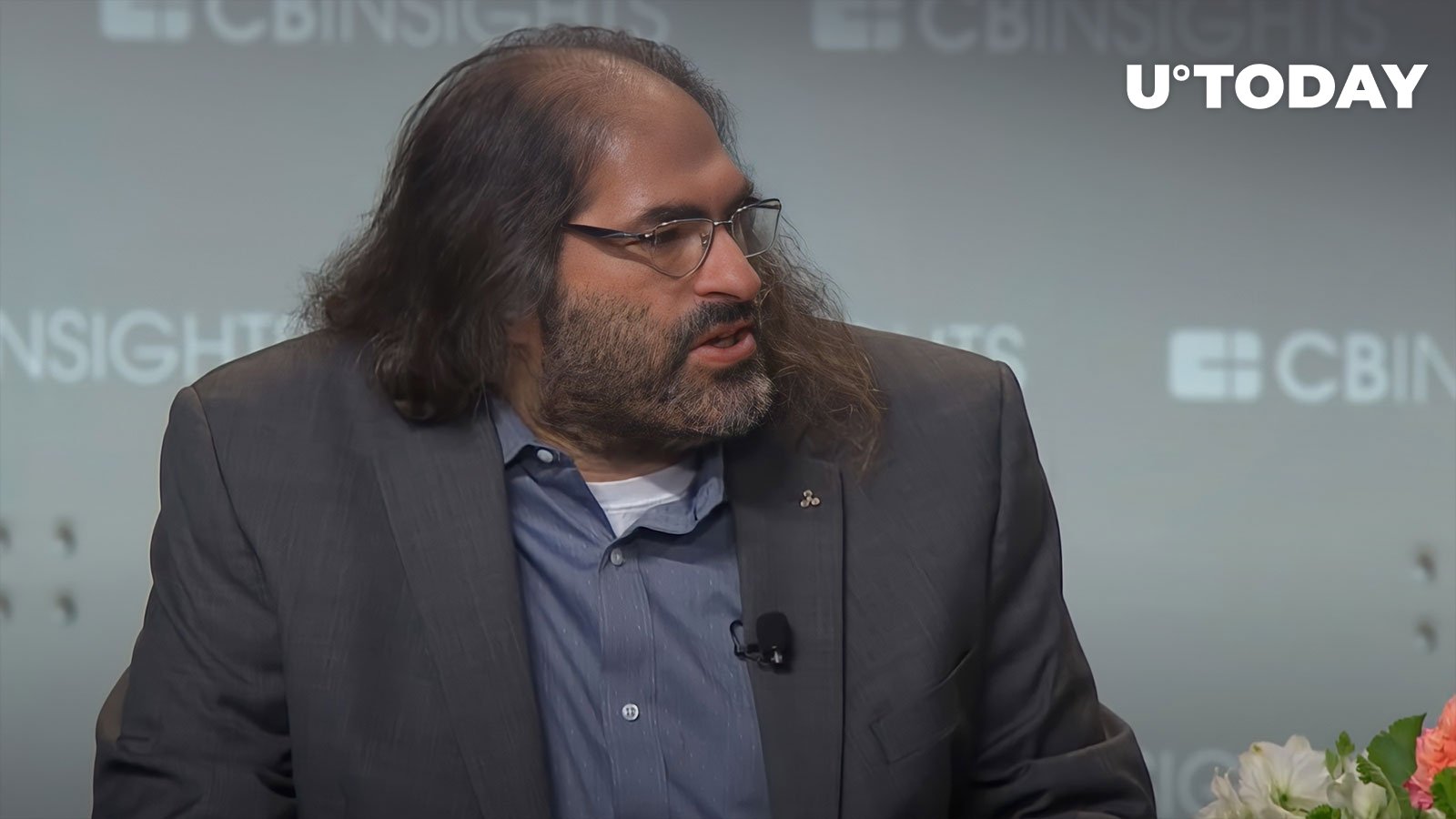
Ripple executive David Schwartz took to Twitter to criticize the SEC’s recent actions, suggesting that they may be motivated by incompetence or a desire to protect insiders and early investors
In a series of tweets, Schwartz criticized the SEC’s actions, suggesting that they may be motivated by incompetence or a desire to protect insiders and early investors.
Schwartz’s comments were in response to Coinbase receiving a Wells notice from the SEC, which typically precedes an enforcement action.
“Unless you wanted to allow the founders, insiders, and early investors to profit and then shift much of the losses due to this litigation onto a large number of retail investors. I guess it could also just be incompetence that they didn’t notice this sooner,” he tweeted.
The Ripple executive questioned the SEC’s motivation behind the recent enforcement action. “If this is the SEC protecting American investors, imagine if they tried to hurt them,” he quipped.
He expressed frustration with the SEC’s application of the Howey test, which he described as not being simple as some people believe since the agency struggles to determine whether or not Ethereum (ETH), the second-largest cryptocurrency, is an unregistered security.
His comments echo those made by Meta’s former blockchain lead David Marcus who noted that even the top securities lawyers at major law firms don’t know how it applies to many tokens.
Some members of the XRP community also expressed disappointment with the industry’s failure to stand together when Ripple was under fire, suggesting that the industry may now be weaker as a result.
Coinbase commented on the SEC’s actions in a blog post, saying that they had asked for “reasonable crypto rules” for Americans and had instead received legal threats.
The company said that it had met with the SEC more than 30 times over the past nine months, sharing details of its business to build a path to registration. However, the SEC had given “basically 0 feedback on what to change, or how to register,” according to Coinbase.
The company also noted that when it filed to go public in 2021, its S1 described its business in much detail, including references to staking and details on its asset listing process. The SEC approved the filing, knowing those details, but has now changed its mind on what is allowed, according to Coinbase.
Ripple has been enmeshed in a gruesome legal battle with the SEC since late 2020. It is expected to come to an end in the first half of 2023.
Read More: u.today









 Bitcoin
Bitcoin  Ethereum
Ethereum  Tether
Tether  XRP
XRP  Solana
Solana  USDC
USDC  Dogecoin
Dogecoin  TRON
TRON  Cardano
Cardano  Lido Staked Ether
Lido Staked Ether  Wrapped Bitcoin
Wrapped Bitcoin  Hyperliquid
Hyperliquid  Sui
Sui  Wrapped stETH
Wrapped stETH  Chainlink
Chainlink  LEO Token
LEO Token  Avalanche
Avalanche  Stellar
Stellar  Bitcoin Cash
Bitcoin Cash  Toncoin
Toncoin  Shiba Inu
Shiba Inu  USDS
USDS  Hedera
Hedera  Litecoin
Litecoin  WETH
WETH  Wrapped eETH
Wrapped eETH  Binance Bridged USDT (BNB Smart Chain)
Binance Bridged USDT (BNB Smart Chain)  Polkadot
Polkadot  Monero
Monero  Ethena USDe
Ethena USDe  Bitget Token
Bitget Token  Pepe
Pepe  Coinbase Wrapped BTC
Coinbase Wrapped BTC  Pi Network
Pi Network  WhiteBIT Coin
WhiteBIT Coin  Aave
Aave  Uniswap
Uniswap  Dai
Dai  Ethena Staked USDe
Ethena Staked USDe  Bittensor
Bittensor  OKB
OKB  Aptos
Aptos  BlackRock USD Institutional Digital Liquidity Fund
BlackRock USD Institutional Digital Liquidity Fund  Cronos
Cronos  NEAR Protocol
NEAR Protocol  Jito Staked SOL
Jito Staked SOL  Internet Computer
Internet Computer  sUSDS
sUSDS  Ethereum Classic
Ethereum Classic